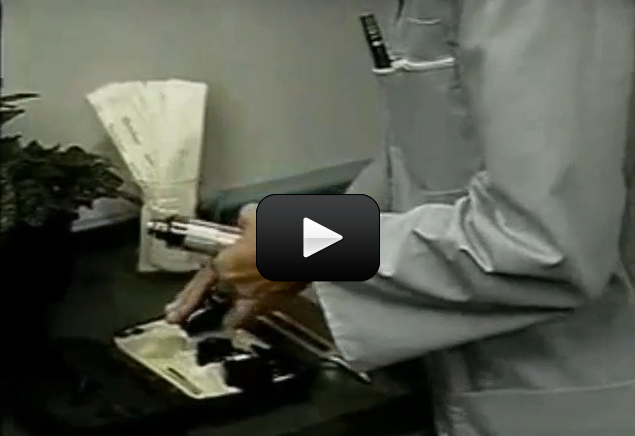If you’re like me, you like to know about the cool instruments doctors use when they poke and prod you in the standard office visit. I was always curious about what optometrists use during their eye exams. I found an instructional video that teaches optometrists about their tool for examining the fundus here:
Today, some people with vision problems choose to have surgery called LASIK. In this surgery, a laser changes the shape of the cornea correcting the vision problem. As a result, the person usually no longer needs to wear glasses or contacts. However, some problems are not correctable, even with LASIK.
Here’s a video on what it’s like to be blind:
If the vision problems can’t be corrected (as with blind, or no vision), how do people read? The Braille system was developed many years ago. Here’s a video that shows you how it works:


Yes, you’re right – you’ve noticed that some experiments in Biology are more explanatory while others are hands-on. I struggled with this myself when creating Units 16-19, as Biology and Life Science don’t have as many “let’s-experiment-and-see-how-it-works” opportunities as physics and chemistry does – it’s just the nature of the field of study. I did post over 200 experiments for these units, so you might find a lesson or two that doesn’t have nearly the variety as others (Controlling the Body, Lesson 5 is packed with hands-on experiments, for example).
Remember, the experiments are there to help bring these scientific concepts to life, so if you feel there’s something you’re not understanding, that’s when it’s time to dig into the library and see what else you can find. There’s also a lot of overlap between the lessons as well, so you’re sure to get the main concepts down. As for additional resources, Wild Goose books are great (if you can find them), as well as ‘Brown Bag’ educational series. They are both out of print, but favorites of mine. Most of the experiments I had in mind for this Lesson 6 had to be scratched due to the nature of the experiments – they were more geared for high school and college (too complicated, too expensive, or unsafe in the hands of younger students).
I’ll see if I can find other titles for you and post them here.
Aurora, I have a little problem with this set of experiments and videos: there aren’t any experiments and only one video actually about diseases outside the eye. Are there any experiments that you would suggest to further my knowledge? Thanks! 😛